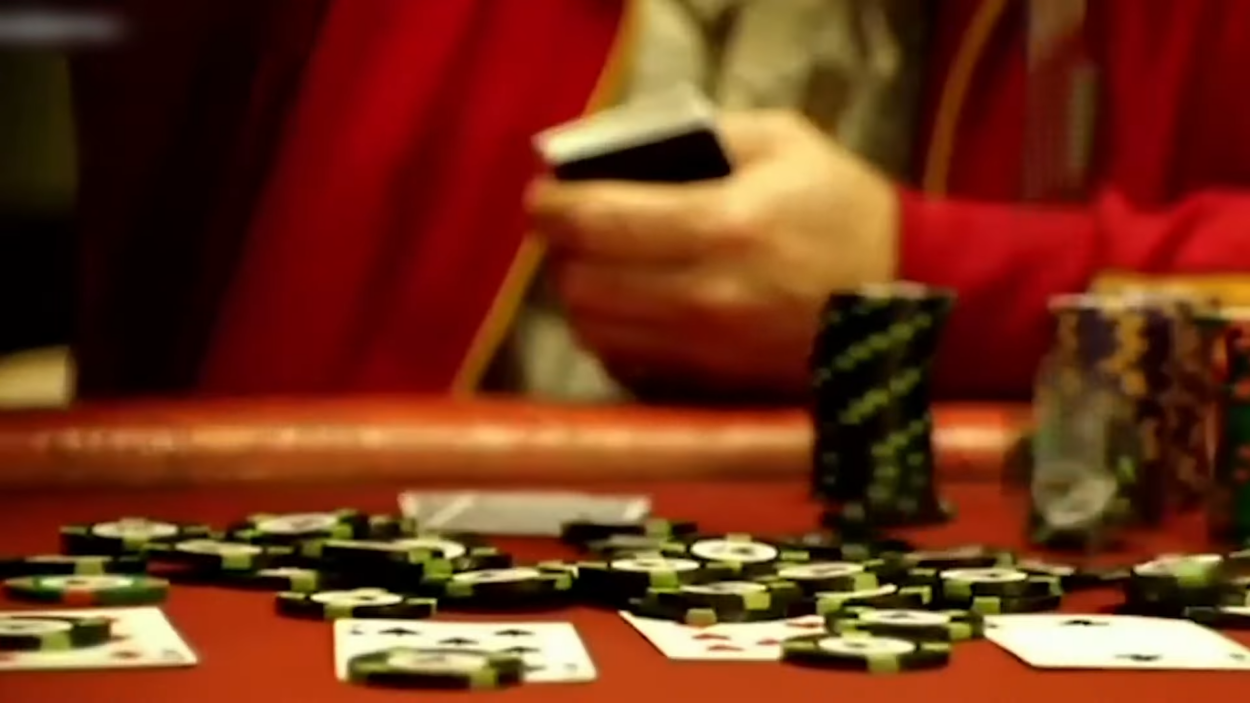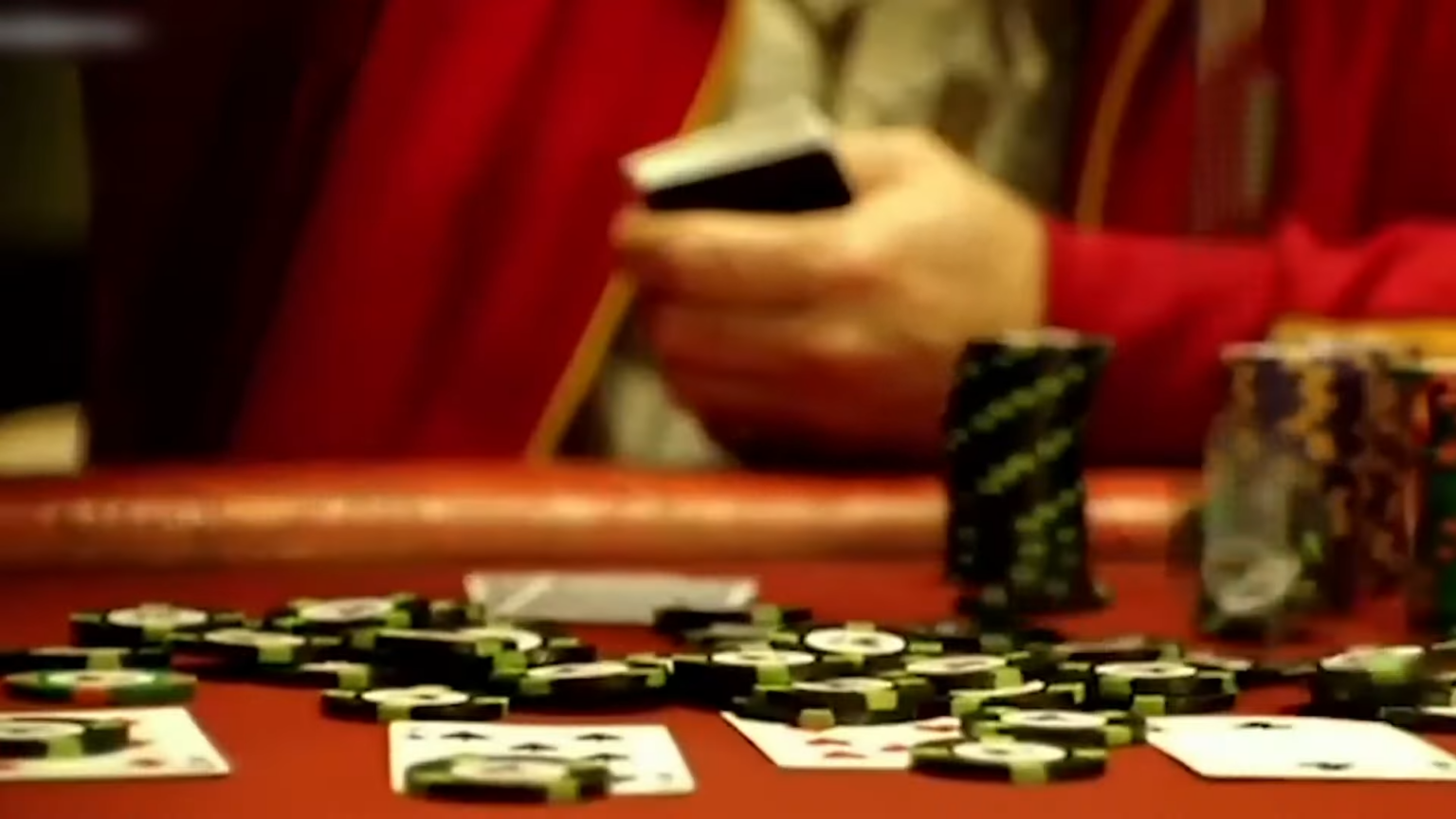Each state in the US has its unique stance on gambling, weaving a complex tapestry of regulations that can often seem as intricate and varied as the nation’s landscapes. Texas, with its rich history and cultural identity, holds a particularly stringent position on the matter.
Let’s take a look at the reasons behind Texas’s strict gambling laws, explore what forms of gambling are permitted within the state, and examine the social, economic, and legislative factors that shape this framework.
Key Takeaways
- Texas enforces strict gambling prohibitions, permitting only specific activities like the state lottery, charitable gaming, pari-mutuel betting on races, and social gambling.
- The state lottery supports public education, while regulated charitable gaming aids non-profit fundraising.
- Legal changes and expansions in gambling face significant opposition, reflecting Texas’s conservative stance on gambling.
A Blast From The Past

The roots of Texas’s gambling laws are deeply embedded in the state’s history, tracing back to the early days of the Republic of Texas. Find out more at techopedia.com. During the 19th century, gambling was a prevalent pastime among the cowboys, oil prospectors, and settlers who played significant roles in shaping the state’s identity.
The early 20th century brought about a wave of reform movements across the United States, aimed at moral and social improvements, which included the prohibition of gambling activities. Texas, influenced by its strong conservative values, was at the forefront of these movements, enacting laws that strictly limited gambling activities.
Legal Framework
The legal framework surrounding gambling in Texas is primarily defined by the Texas Penal Code, which categorizes most forms of gambling as illegal.
| Section of Texas Penal Code | Summary |
| General Prohibition | Outlines the overall prohibition against gambling, declaring most forms of gambling to be illegal within the state. |
| Definition of Gambling | Provides a legal definition of gambling, including any bet based on the partial or final outcome of a game or contest or the performance of a participant in an event. |
| Promotion of Gambling | Addresses the illegal act of promoting any form of gambling activity, including operating or profiting from gambling places or activities. |
| Possession of Gambling Devices | Details the illegality of owning, transferring, or possessing any gambling device, equipment, or paraphernalia not sanctioned by the state. |
| Engaging in Organized Crime | Categorizes activities related to operating or participating in earnings from gambling as part of engaging in organized criminal activity, with severe penalties. |
The state constitution and specific statutes outline the parameters of what constitutes illegal gambling, focusing on activities that involve betting or wagering on the outcome of a game or contest of chance.
The law specifically targets the operation of gambling establishments and the promotion of gambling activities, making it challenging to legally engage in most forms of gambling within the state.
Social & Cultural Influences

At the heart of Texas society lies an unwavering commitment to traditional family structures. These familial bonds are considered sacrosanct, the cornerstone upon which communities are built and nurtured.
In this context, gambling is often viewed through a lens of caution, seen as a whirlwind that could unsettle these foundations, leading to the erosion of the very core of Texan life—its families.
Religion also plays a pivotal role in guiding the moral and ethical decisions of its people. The diverse religious landscape of Texas, dominated by strong Christian principles, often casts gambling as a vice that conflicts with the teachings of moderation, stewardship, and the welfare of one’s neighbor.
This moral compass directs much of the public sentiment against gambling, framing it as an activity that could lead one astray from the path of righteousness.
The opposition to gambling in Texas transcends legal arguments or economic debates; it is an intrinsic part of the state’s cultural and moral ethos. This ethos, cultivated over generations, views gambling as an element capable of causing social decay.
The imagery is stark—gambling as a creeping vine that, if left unchecked, could ensnarl the very pillars of society, leading to the breakdown of families, financial despair, and a surge in criminal activity.
Economic Considerations

While proponents of legalized gambling argue that it could bring significant revenue to the state through taxes and tourism, opponents counter that the social costs, including increased social services and law enforcement expenses, could outweigh these benefits.
The debate extends to concerns over the potential for gambling to harm local businesses by diverting consumer spending away from traditional economic sectors.
What’s Permitted
Despite the stringent restrictions, Texas does permit certain forms of gambling under specific conditions. These include:
| Permitted Gambling Activities in Texas | Description |
| State Lottery | Established in 1991, offers a variety of games including scratch-off tickets and multi-state jackpots. Proceeds are primarily for funding public education. |
| Charitable Bingo and Raffles | Non-profit organizations can conduct these as fundraisers, provided they obtain the necessary licenses and adhere to regulations. |
| Horse and Greyhound Racing | Pari-mutuel wagering is allowed at licensed racetracks. The industry faces challenges including competition from illegal and out-of-state operations. |
| Social Gambling | Private games of poker or other forms are allowed, as long as they occur in a private place, no person receives economic benefit other than personal winnings, and the risks are the same for all participants. |
Future Prospects
The future of gambling in Texas remains a contentious issue, with ongoing debates among lawmakers, business leaders, and community groups. Efforts to expand gambling laws, including proposals to legalize casinos and sports betting, have faced significant opposition.
Changing demographics and economic pressures, coupled with the potential for substantial revenue generation, continue to fuel discussions on this topic.
Any changes to the current legal landscape are likely to require not only legislative action but also a shift in the social and cultural attitudes that have long defined Texas’s stance on gambling.
FAQs

Can Texas Residents Legally Gamble Online?
No, online gambling is not explicitly legal in Texas. The state’s gambling laws do not directly address online gambling, leading to a grey area.
However, the general prohibition against gambling in the state applies, making it illegal to operate an online gambling site within Texas. Residents may access offshore gambling websites at their own risk, but these are not regulated by Texas law.
Are There Any Legal Casinos on Native American Reservations in Texas?
Yes, there are a few legal casinos operating on Native American lands in Texas, due to the federal Indian Gaming Regulatory Act allowing tribes to operate gaming facilities on their sovereign lands.
These facilities are subject to restrictions and must negotiate agreements with the state. The Kickapoo Lucky Eagle Casino in Eagle Pass is one such example, offering slot machines and poker games.
What Are the Penalties for Illegal Gambling in Texas?
Penalties for illegal gambling in Texas can vary widely depending on the nature of the offense. Engaging in illegal gambling as a player can be classified as a Class C misdemeanor, which may result in a fine.
Operating a gambling enterprise or earning substantial revenue from such activities can result in more severe charges, including felony charges that carry potential jail time and larger fines.
Can Texans Legally Participate in Fantasy Sports Leagues?

The legality of daily fantasy sports in Texas has been a topic of debate. As of my last update, the Texas Attorney General issued an opinion suggesting that certain forms of daily fantasy sports contests could be considered illegal gambling.
Major fantasy sports sites continue to operate in Texas, arguing that their contests are games of skill, not chance, and therefore not subject to gambling laws.
Legislative attempts to clarify the legal status of fantasy sports have been made, but clear statewide regulations have yet to be enacted.
Are Charity Gambling Events Like Casino Nights Legal in Texas?
Charity gambling events, including casino nights, are legally complex in Texas. Non-profit organizations can host bingo and raffles if they obtain the necessary state licenses.
Casino nights that involve real money betting on games like blackjack, roulette, or slots often fall into a legal grey area. Such events might be permitted if they do not pay out real money prizes or if betting is done with “funny money” or tokens that have no cash value.
Has There Been Any Significant Push Towards Legalizing More Forms of Gambling in Texas?
There have been several legislative attempts to expand gambling in Texas, including proposals to legalize casinos, sports betting, and online gambling. These efforts have gained some support from business and tourism groups who argue that expanded gambling could bring significant economic benefits to the state.
They have consistently faced strong opposition from conservative lawmakers and groups concerned about the social impacts of gambling. As of the last update, no significant expansion of gambling laws has been successfully enacted, but the topic remains a recurring issue in legislative sessions.
Final Words

The reasons behind the illegality of most forms of gambling in Texas are multifaceted, rooted in the state’s historical, social, and economic fabric. While certain forms of gambling are permitted, the overall landscape remains restrictive.
As Texas continues to evolve, so too will the debate over gambling, reflecting broader shifts in societal values and economic priorities.
Whether these changes will lead to a more liberal approach to gambling laws remains to be seen, but for now, Texas maintains its conservative stance, upholding a long tradition of restricting gambling activities within its borders.
